I've always had conflicted feelings over how to appropriately critique art made by queer people. We see ourselves so infrequently onscreen, combined with the fact that so few of us get the opportunity to create art that will be seen or recognized at a large scale. If only 12.8 percent of major studio films last year included a character who was LGBTQ (down from 18.4 percent the previous year), something feels icky about airing any negative feelings. And yet, don't we want these shows, at the very least, be good?
Writer, Trevell Anderson joined me on this week's episode of LGBTQ&A to discuss all these things. They say that it's possible to love a piece of art and still critique it, something that feels like a necessary reminder in the age of the internet.
Read highlights from the interview here, or listen to the full podcast interview on the audio player below.
Subscribe to LGBTQ&A on iTunes, Spotify, Stitcher, or wherever you listen to podcasts.
The Advocate: Are you ever afraid to critique work made by queer people?
Tre'vell Anderson: It's the same thing a lot of black folks have to deal with when it comes to critiquing black work. You don't want to be the one person saying something negative about The Hate U Give when it's historic that we have a movie like that coming from a studio. Right? The way I take on that responsibility is by having full, well-rounded, nuanced conversations about everything. I'm able to say that I really love Insecure and what Issa Rae is doing, but also say that the way she treats the gay character, her brother, on that show is problematic. We don't know anything about him in the ways that we know so much about the core group.
When it comes to queer work, we have to have to do that. We have to allow space for people to talk about the queer representation in A Star Is Born. Shangela and Willam are literally only comedic relief and queer people have always been comedic relief in white people's stories, so I'm over it.
Most of the takes I see are on the internet are not as nuanced and will just label something like that as "cancelled."
It's one of those things where for those who come from marginalized communities, unfortunately, we want the work that reflects us to be everything to everyone. So, you see a queer storyline or a black storyline, and you want it to check all the boxes because we don't have a lot out there. I think that's a disservice to the work and to the creative because it is not necessarily their responsibility to reflect my experience as a black queer person. I would love for it to be there, but we have to get to this place where one's full consumption of art, and not just a single show, is an accurate representative depiction of your experience on the whole.
I thought about this when Pose came out. A lot of the articles I read focussed on the historic nature of the show featuring so many trans women. I heard brilliant discussions about the quality and content of Pose amongst friends, but not in written pieces.
To be clear, I love the show. I think it's great. However, I'm also interested in the conversations about the necessary privileges that were in play that allowed that show to come to life in the first place.
I loved it, too. And if I didn't, I would have been terrified to tweet anything negative because of internet outrage. I would have automatically been labeled a bigot.
As a society, when it comes to critiquing our cultural productions, the ultimate goal is to get to a place where you can say you love something, I can say I hate something, and that's OK. That's OK.
With how many celebrities there are who are still in the closet, I hate saying this, but it probably behooves their careers to stay there.
And to go out a little further, if that on-camera talent is a person of color. What we see is that white gay men and white gay women have been able to experience a level of success in the industry that a lot of black queer folks haven't been able to. There are exceptions to the rule, like Jussie Smollett.
I personally think being openly gay has held Matt Bomber's career back.
Interesting. I would push back on that. Folks like Matt Bomber and Neil Patrick Harris, their brand of white queerness is easily digestible. Portia de Rossi. We've seen them in roles after coming out where they're still playing straight. We don't see queer people of color who have come out being afforded the same ability.
And it's hard because we never know when somebody is being denied jobs because of their identity. In 10 or 20 years, there's going to be these older A-list celebrities who come out, people who have lead major blockbusters, and we're going to have to question if they could have had those careers if they had been out.
Look at the industry now. We can unequivocally say, No, you can't have that career. The one queer person whose star seems to be glowing right now is Lena Waithe. She's always been out. I think that's a good sign, but I'm a natural cynic. I hope things will continue to grow for her, particularly because she's bringing in so many other black folks and queer black folks with her.
This interview has been edited and condensed. Subscribe and listen to the full podcast interview on LGBTQ&A.
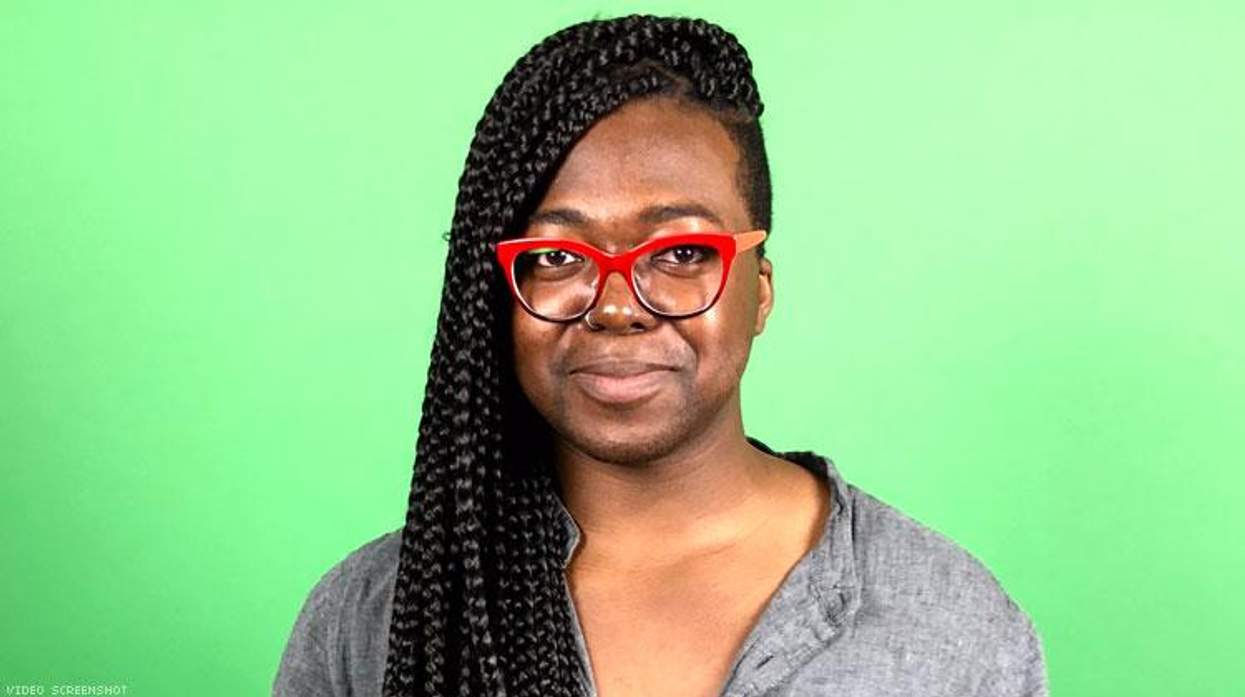

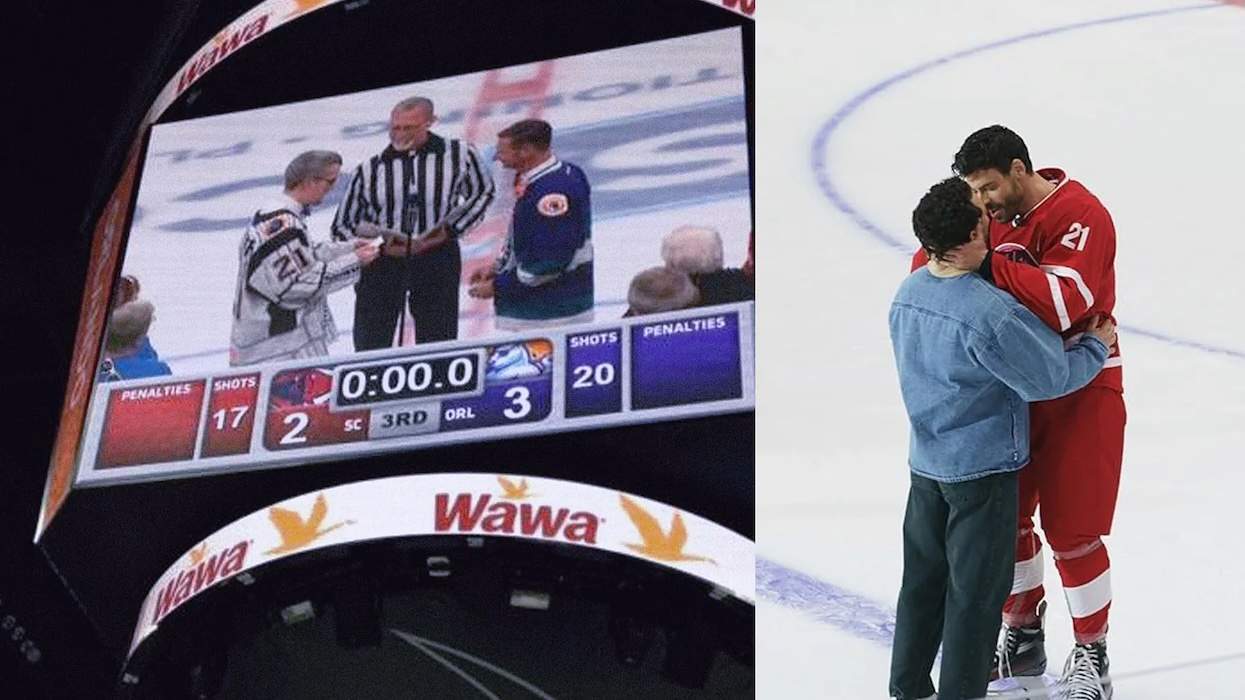




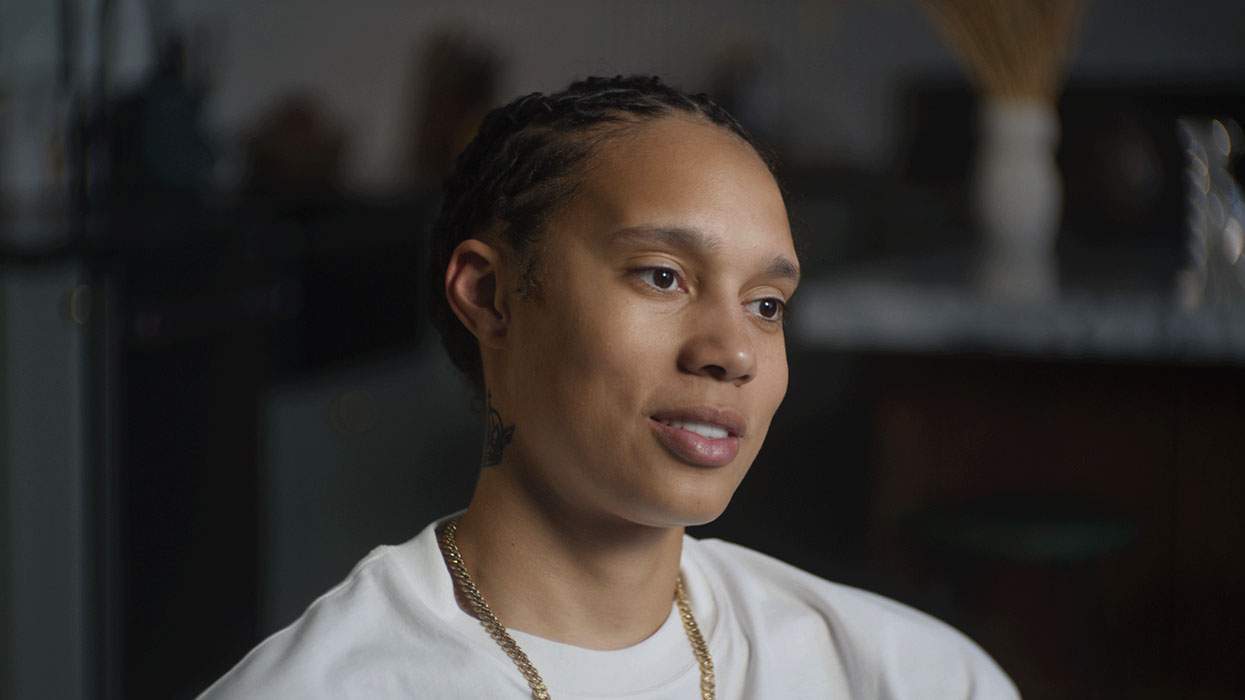
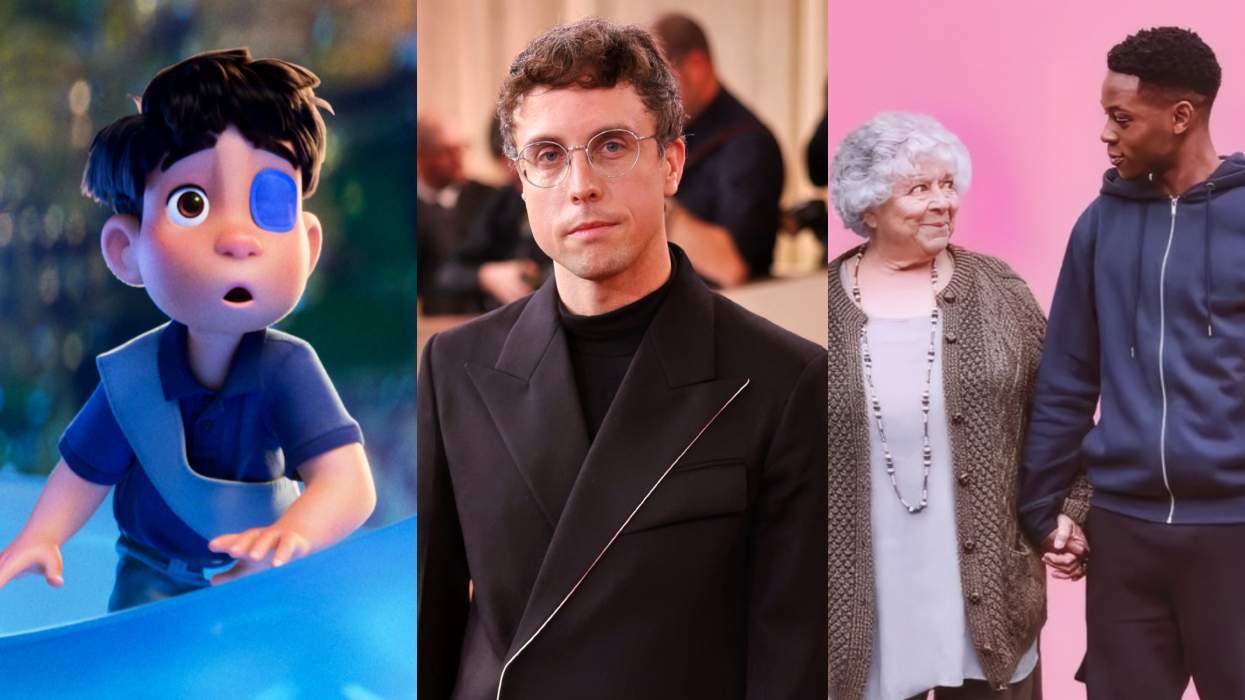




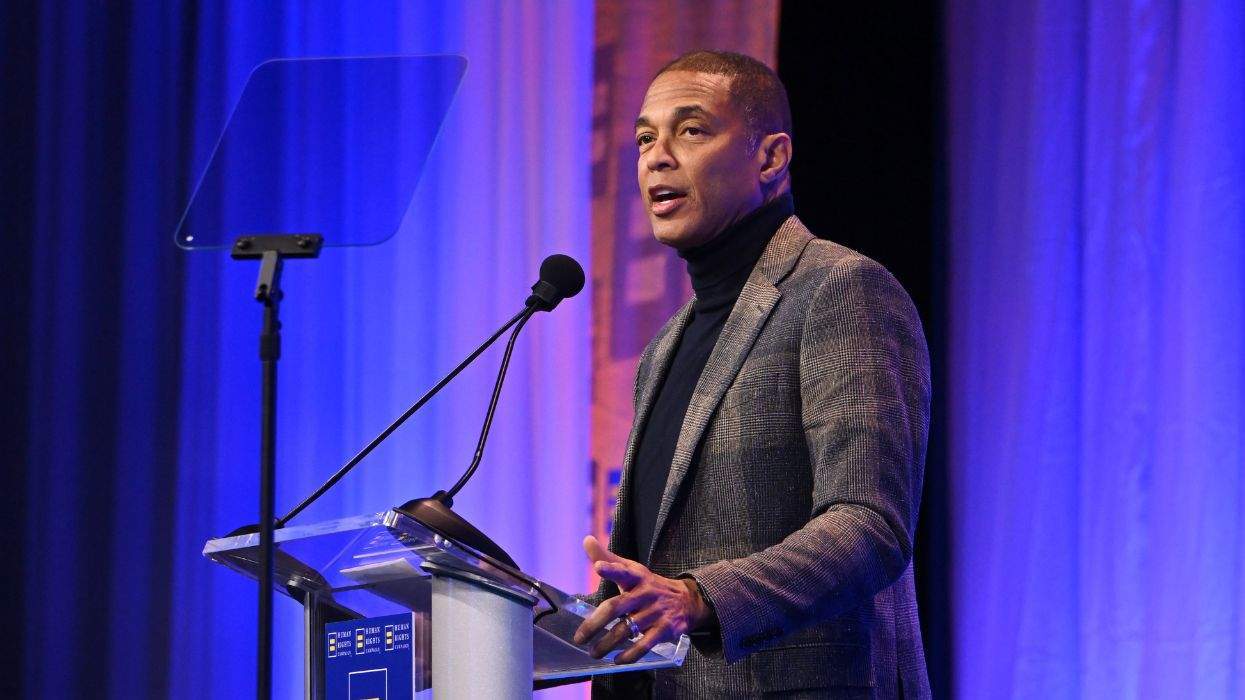
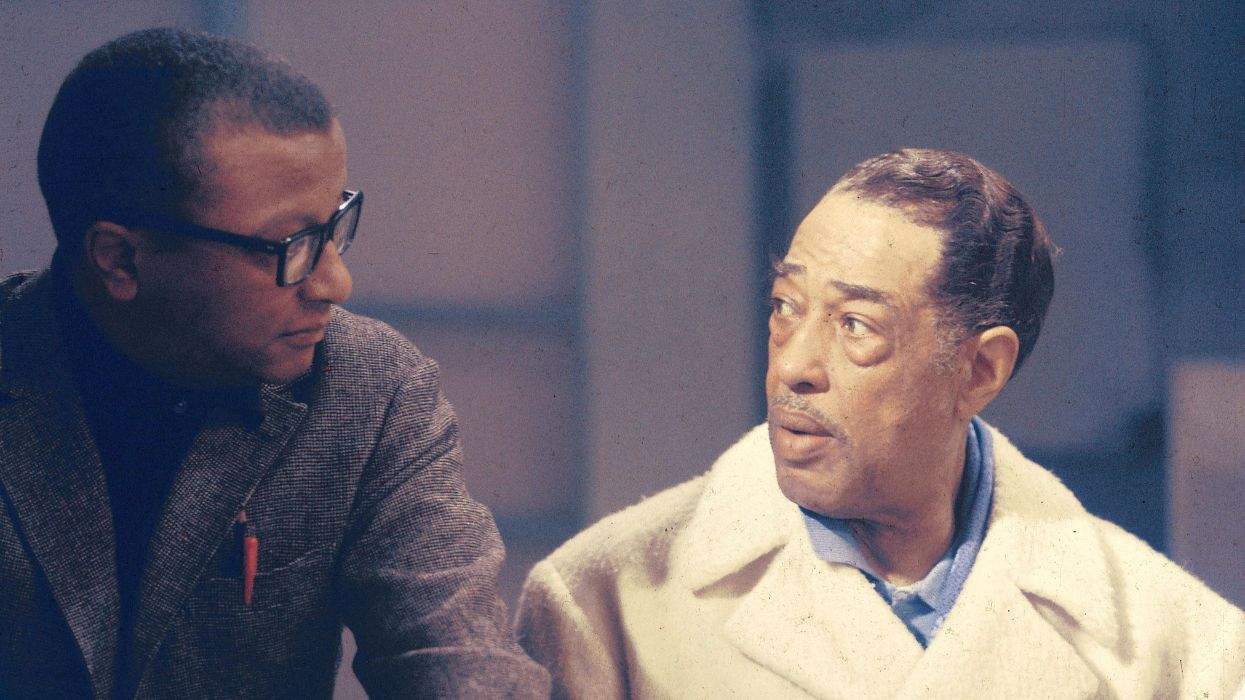
Charlie Kirk DID say stoning gay people was the 'perfect law' — and these other heinous quotes
These are some of his worst comments about LGBTQ+ people made by Charlie Kirk.